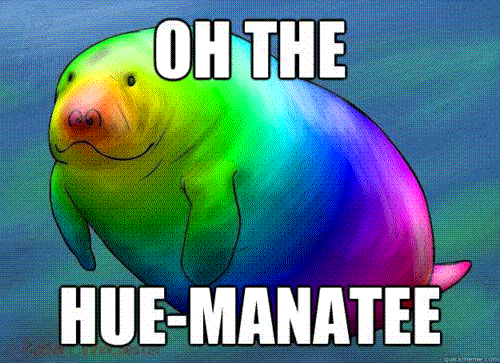I like puns. Sue me. Here's a groaner in Norwegian for you:
You: Jeg kjørte til bensinstasjonen på lordag. (I went to the gas station on Saturday.)
Me: Merkelig, jeg så deg ikke. Det er min statsjon, faktisk. "Ben (sin)" stasjon. (That's strange, I didn't see you there. It's my station, actually. "Ben's" station.)
Sin is a possessive marker in Norwegian, like the apostrophe 's' in English, and bensin is Norwegian for 'gas'.
After I moved to Norway I stopped telling puns so much. Fewer people got them when I told them - even people I would have expected to get them. Only a few of my colleagues got the "ben-sin" joke, for example. So I stopped making them. When I would hang out with my American friends the lack of punning was noticed and commented on. Some expressed (presumably heartfelt) relief, others (likely feigned) wistfulness for the pun-filled days of yore.
The difference between using puns with mostly monolingual English speakers compared to with second language speakers of English got me thinking about what it takes to appreciate a pun, and what it takes to speak multiple languages. In both cases there is a lot of similar language processes going on under the hood.

From the moment we begin to hear a word, our mind is unconsciously starting to think about all the words that begin with that sound. If someone starts to say "pickle", from the moment we hear the [p] we are ready to hear words potato, pin, prom, pineapple, pick, pickle, ... (for example). When we get to [pɪ] that list is narrowed down to pin, pick and pickles, etc, etc. Psycholinguists call that process bottom-up activation.
At the same time, we also use the context of the conversation and all the previous situations and instances of hearing "pickle" to help us predict the word we are actually hearing. That process is called top-down activation. We expect pickles to come up when talking about burgers, and don't really expect it to come up in the context of (for example) a blog post about puns.

Our ability to predict what we are going to read or hear allows us suppress the activation of words and meanings that are not appropriate in context. Usually, we are not aware of this process. When we tell a pun we are tricking people's predictive top-down processing, forcing them to reanalyze what they hear. So bensin is 'gas', but when I force the reanalysis of the "ben" part as my own name "Ben" this is surprising. And funny. Don't @ me.

So that's puns. What does that have to do with bilinguals?
When you have an extra set of words floating around in your mind because you know more than one language, you have to do a lot more suppressing than when you just have to deal with one. This is part of what makes understanding and using a language you learned later in life so hard. You have to keep all the words from your first language from getting in the way of what you actually heard.
So when I hear slippe, 'let go', in Norwegian I have to suppress slip in English. Being aware of this is a similar process to appreciating a pun. It seems reasonable to assume bilinguals probably have more experience ignoring unintended puns on a daily basis than monolinguals do. That means when I tell a pun it takes more work for the bilinguals around me to stop suppressing contextually peculiar meanings. I wonder if they are so accustomed to that act of suppression and it's so natural for them, that asking them to stop doing the automatic work of normal bilingual language comprehension so that they can grok the pun is perhaps more work than it would be for a monolingual. It's not really fair.

Why do monolinguals tell more puns? They are less accustomed to suppressing unwanted words than bilinguals are.
Maybe. Somebody should figure this out.
